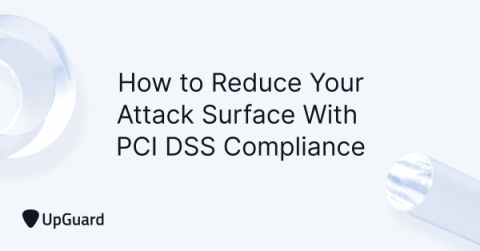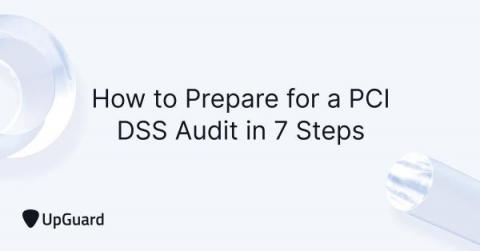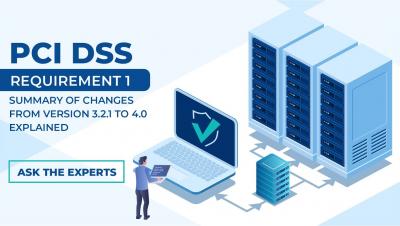Key Metrics for Tracking PCI DSS Compliance in 2022
PCI DSS compliance ensures your customer’s credit card data is protected from hackers and compromise attempts. Though complying with this regulation isn’t easy, it is possible. To simplify this essential effort, we’ve compiled a checklist of the key security metrics that should be addressed to meet the compliance requirements of this critical information security standard.







